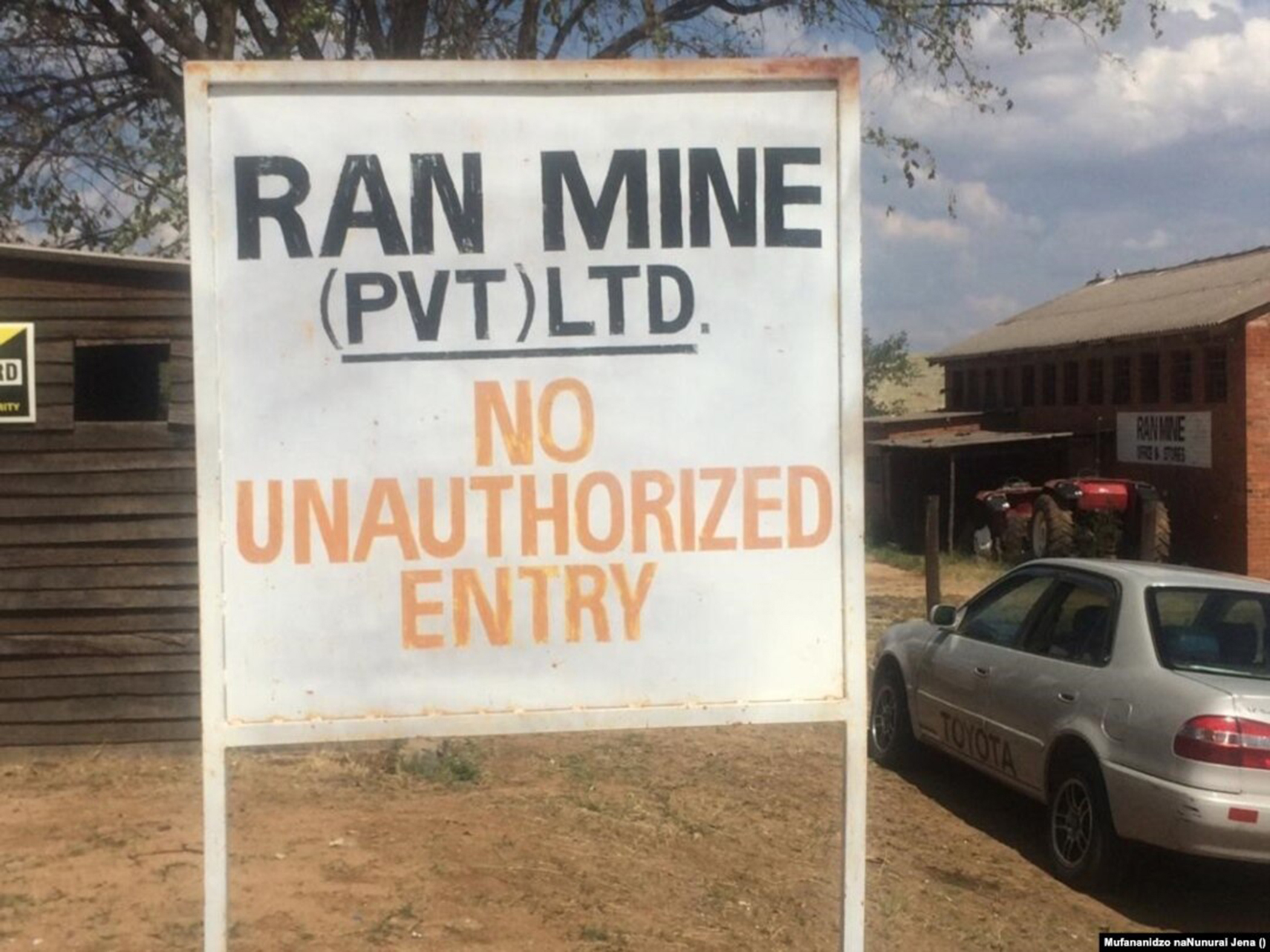
SHAME MAKOSHORI/LORRAINE NDEBELE RAN Mines Private Limited, a gold asset that has been at the centre of a protracted dispute between Zimbabwean investors, lurched into fresh controversy last month after winning a High Court case giving it a nod to evict retrenched workers out of its compound.
The 123-year old Bindura-based operation closed in 1999.
However, it is being brought back to operation by investors led by leading human resources executive Jack Murehwa.
But there have been court battles, with some still pending, over the asset’s ownership between Murehwa’s G&P Industries and Blackgate Investments, owned by businesswoman Angeline Munyeza, who is also claiming ownership of the rich goldfield.
Fighting over the asset reached a tipping point late last year when G&P Industries said it was pressing ahead with plans to extract its first bullion at the mine in 22 years.
Blackgate warned that sinking shafts at the operation was illegal until the government makes a determination over ownership of the mine, which hit headlines in 2020, when 30 artisanal miners perished under its flooded shafts.
Documents obtained by the Zimbabwe Independent indicated that on March 21, Munyeza escalated her battle to Chief Justice Luke Malaba, seeking his urgent intervention.
She has previously written to President Emmerson Mnangagwa, the Zimbabwe Anti-Corruption Commission (Zacc) and the Ministry of Mines and Mining Development seeking a resolution to the dispute.
- Chamisa under fire over US$120K donation
- Mavhunga puts DeMbare into Chibuku quarterfinals
- Pension funds bet on Cabora Bassa oilfields
- Councils defy govt fire tender directive
Keep Reading
The businesswoman has produced evidence that she also holds titles to the mine.
But around the time she approached the chief justice, her rivals were moving to evict former workers out of its compound.
Rights groups and ruling Zanu PF estimates show that up to 500 families have been affected by the evictions, although the court case listed 18 representatives of the former workers.
“Despite demand, it is alleged the 18 defendants refused to vacate the mine houses,” High Court papers, seen by the Independent in a case filed by Blackgate, point out.
“The defendants (former workers) failed to discharge the onus upon them to show an entitlement to continue holding on to the houses.
“The defendants and all persons claiming occupation through them and of all other persons in use, possession and control of any part of the Ran Mine compound without the consent of Ran Mine shall forthwith vacate the compound,” High Court judge Justice Jacob Manzunzu ruled on March 7.
The ruling, which attracted a rebuke from the Zimbabwe Lawyers for Human Rights Organisation further states: “ Failing vacation, the Sheriff, with the assistance of the Zimbabwe Republic Police if necessary, is authorised to eject the defendants and all persons claiming occupation through them and of all other persons in use, possession and control of any part of the Ran Mine compound without consent of the plaintiff…”
But before the messenger of court moved to effect the court order, ruling Zanu PF officials are said to have negotiated for a grace period.
The former workers’ plan collapsed after former colleagues testified against them, saying the correct position was that they had been retrenched and paid a ZW$5 000 relocation package in 1999.
A tussle over houses played out as Blackgate mounted its appeal to Malaba.
“This (mining) is all happening under the supervision of the Ministry of Mines as they have allowed them to continue mining on and establishing a mining processing plant on the disputed claims,” Munyeza wrote in a letter to Malaba dated March 21, 2022.
“We still wonder how they accessed the permission and paperwork to construct a mining processing plant on disputed claims as well as how they are selling their gold output to Fidelity Printers and Refiners.
“Mr. Jackson Peterson Murehwa has been bragging that he has an “iron claw” on the Ministry of Mines and Mining Development and the Judiciary wrapped around his finger, which implies that he is undermining the judicial foundations in legislation enshrined in the constitution of Zimbabwe, which is in tandem to committing intentional malicious treason.
“The commencement and initialisation of these criminal case investigation proceedings were informed by over a decade long legal tug of war that has been characterised by relentless blatant acts of corruption, fraud, forgery, collusion and connivance between the Ministry of Mines and Mining Development and the 2nd and 3rd Respondents under HC CASE NO. 6425 and HC 4431/20 &SC 296/11.
“They have been using this purported allegiance to the Highest Office of the land in order to circumvent legislation stipulated in the Mines and Minerals Act for them to corruptly benefit from illegal ownership of the mining claims,” she alleged in the letter.
The chief justice turned down the request to intervene, while Murehwa had not responded to Blackgate’s allegations at the time of publishing.
“Regrettably the Office of the chief justice has no power to interfere in litigation pending before a court on behalf of one of the parties,” Malaba said in his response in a letter dated March 25, 2022.
“Further, the Constitution mandates all judicial officers independently apply the law, impartially, expeditiously and without fear, favour and prejudice.
“This is how the chief justice expects the matter to be dealt with by the respective court,” he said.
Contacted for comment, deputy Mines minister Polite Kambamura said: “Can you refer to the provincial mining director Mashonaland Central with regard to that, if there is a dispute”.











